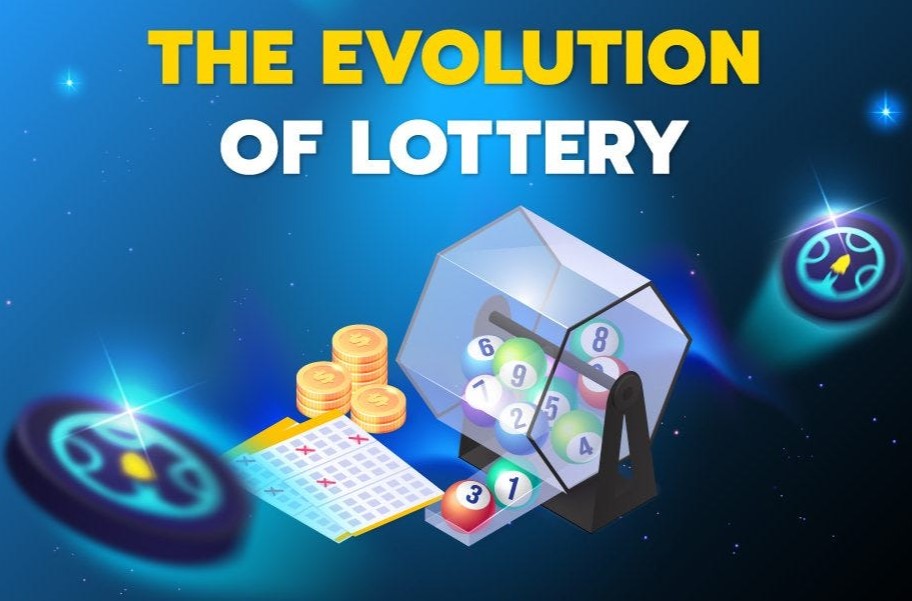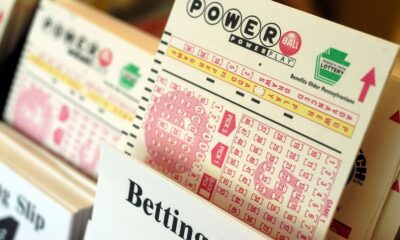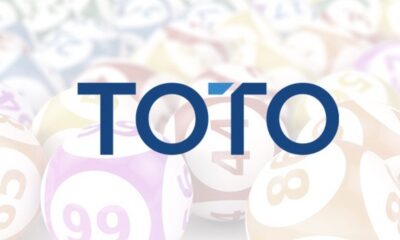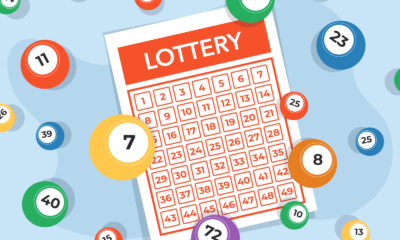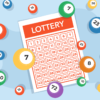A Gamble as Old as Time: The Timeless Evolution of Lotteries
Lotteries have existed for a while now. Ancient civilizations from China to Rome used lotteries to fund public works, religious ceremonies, and even the army. Talk about ancient crowdfunding!
The Chinese Han Dynasty (202 BC – 220 AD), which was the earliest form of lotteries funded a range of projects, including the construction of the Great Wall of China. So, if you get a chance to be on the Wall, remember it might have been funded by a lottery.
Roman Emperors like Ceaser used lotteries for road construction, and building temples amongst other projects.
During the Middle Ages, lotteries spread throughout Europe as a tool to fund infrastructure, support the arts, and build defenses. The first recorded modern lottery occurred in Bruges, Belgium, in 1449 and later spread to other parts of Europe.
Dutch lotteries are considered the pioneers of modern lotteries. The word “lottery” originates from the Dutch word “lot,” meaning “fate.” The Dutch Staatsloterij, a timeless tradition since 1726, is the world’s oldest continuously running lottery.
The Renaissance
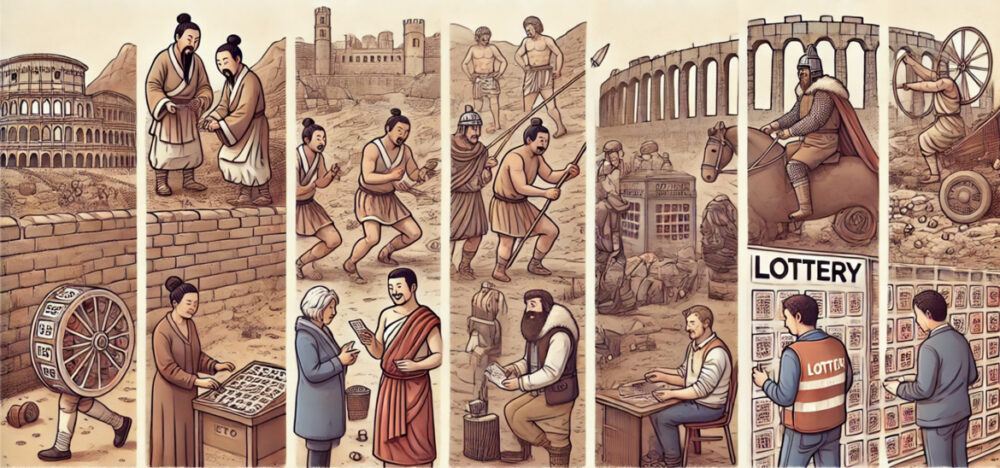
Source: london-post.co.uk
The Renaissance era saw a resurgence of lotteries across Europe and France. In 1569, the first recorded lottery organized by Queen Elizabeth I was held in the Low Countries. Funds from ticket sales were used for public improvements. England’s first state lottery was a game-changer, proving that lotteries could fund the nation without resorting to heavy taxes. The American colonies were not left behind resulting in funding of schools, roads, and even colleges like Harvard and Yale.In the 17th and 18th centuries, cash-constrained colonial governments viewed lotteries as a vital means of generating revenue.
Lotteries in the Age of Enlightenment
Lotteries grew even more innovative in the Age of Enlightenment.
- Philosophers encouraged their use as democratic funding mechanisms.
- Charity lotteries became a trend, linking community support with entertainment.
- Nations began formalizing lottery laws to prevent corruption.
These developments set the stage for modern, regulated lotteries we recognize today.
The Modern Lottery Era
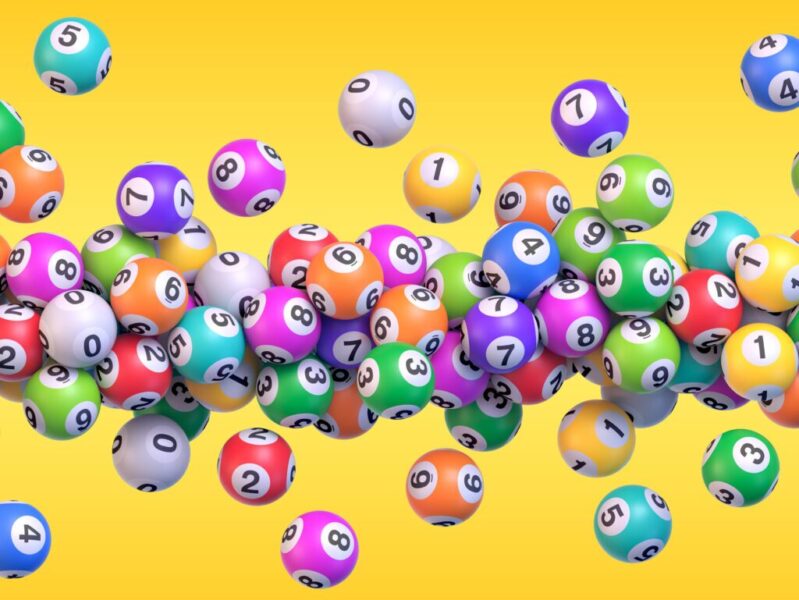
Source: gimnazija-ivanjica.edu.rs
In the 19th century lotteries like the infamous Louisiana Lottery Company were banned due to corruption. The 20th century saw the rise of state-run lotteries in the United States. The huge jackpots offered attracted many players. European lotteries expanded creating cross-border games such as EuroMillions in 2004 while in Latin America, Lotería Nacional and other lotteries became popular.
The internet revolution of the late 20th and early 21st centuries transformed the lottery landscape once again. Online platforms like Simbalotto.com has made it easier than ever for players to participate in lotteries from other countries. The platform buys lottery tickets on behalf of its players. You can participate in games like Powerball, Mega Millions, and EuroMillions allowing you to take part in massive jackpots regardless of borders.
Lotteries Beyond Money
Modern lotteries go beyond financial rewards:
- Support for education through lottery-funded grants and scholarships.
- Significant contributions to environmental conservation and healthcare.
- Community projects benefiting from local lottery allocations.
Lotteries, in many ways, continue their tradition of serving society beyond entertainment.
A Tradition That Transcends Borders
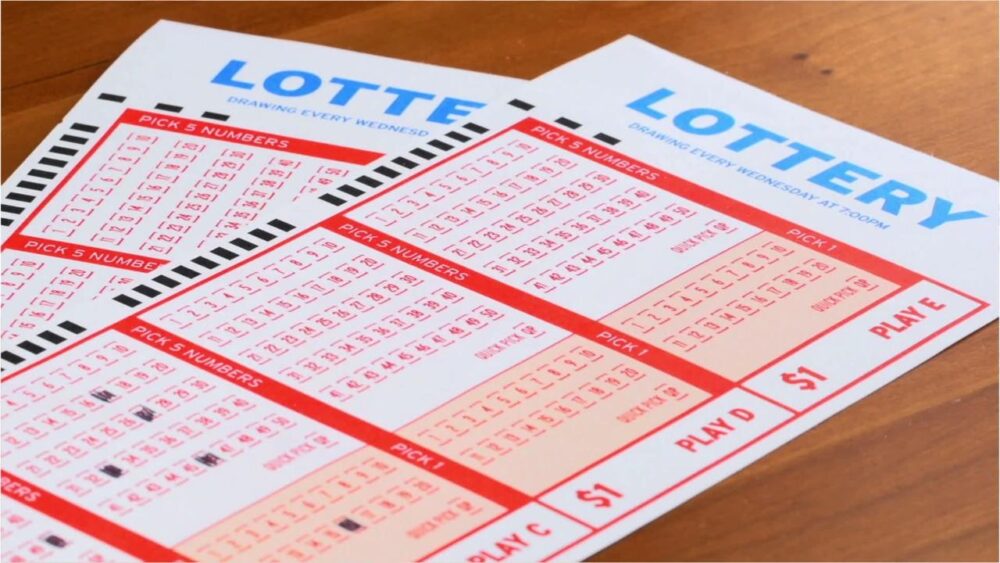
Source: foxbusiness.com
Lotteries are more than games of chance. They reflect humanity’s ability to dream big, build societies, and innovate for the future. So, the next time you buy a lottery ticket, remember you’re part of a long and storied tradition. Good luck!

